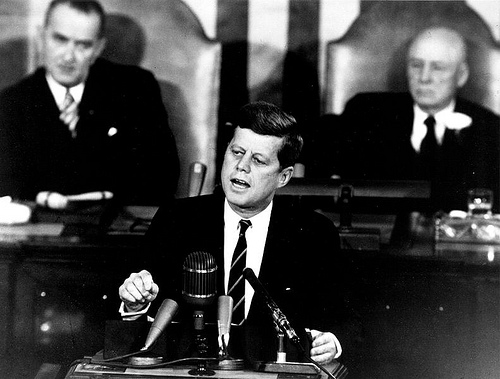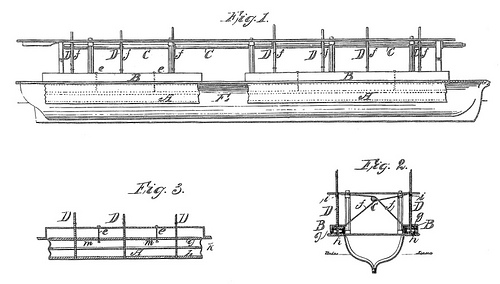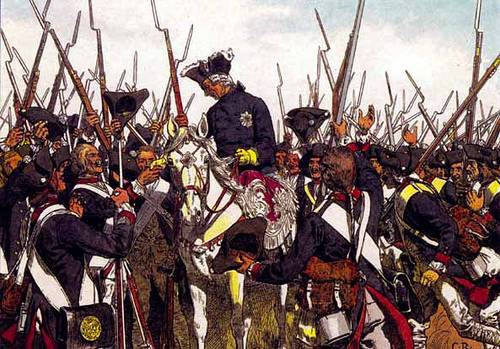Irritated with Britain’s repeated “paper blockades” of the American coast, privateer Thomas Boyle slipped into the English Channel in 1814 and proclaimed a one-ship blockade of the entire United Kingdom:
Whereas it has become customary with the Admirals of Great Britain, commanding small forces on the coast of the United States, particularly Sir John Borlaise Warren and Sir Alexander Cochrane, to declare all the coast of the United States in a state of strict and rigorous blockade, without possessing the power to justify such a declaration, or stationing an adequate force to maintain said blockade, I do therefore, by virtue of the power and authority in me vested (possessing sufficient force) declare all the ports, harbors, bays, creeks, rivers, inlets, outlets, islands, and seacoast of the United Kingdom of Great Britain and Ireland, in a state of strict and rigorous blockade. And I do further declare, that I consider the force under my command adequate to maintain strictly, rigorously, and effectually, the said blockade. And I do hereby require the respective officers, whether captains, commanders, or commanding officers, under my command, employed or to be employed on the coasts of England, Ireland, and Scotland, to pay strict attention to the execution of this my proclamation. And I do hereby caution and forbid the ships and vessels of all and every nation, in amity and peace with the United States, from entering or attempting to enter, or from coming or attempting to come out of any of the said ports, bays, creeks, rivers, inlets, outlets, islands, or seacoasts, under any pretence whatsoever. And that no person may plead ignorance of this my proclamation, I have ordered the same to be made public in England.
The proclamation was posted in Lloyd’s Coffee House in London — and, back home, won his ship the title “The Pride of Baltimore.”



